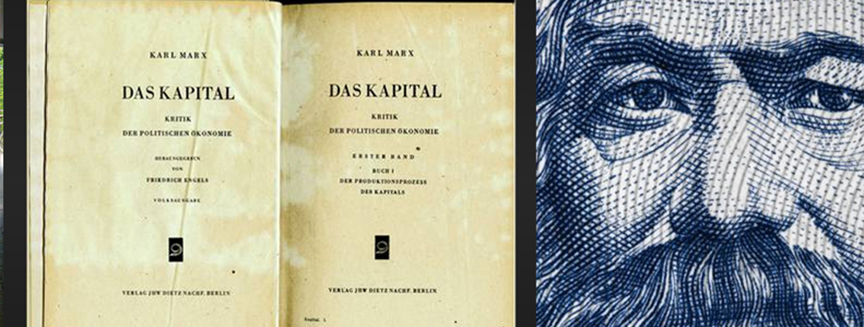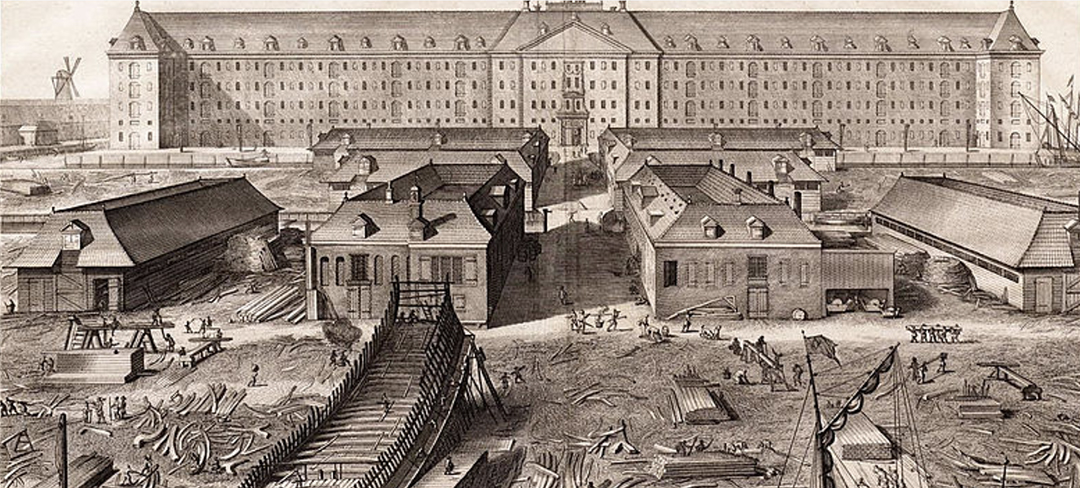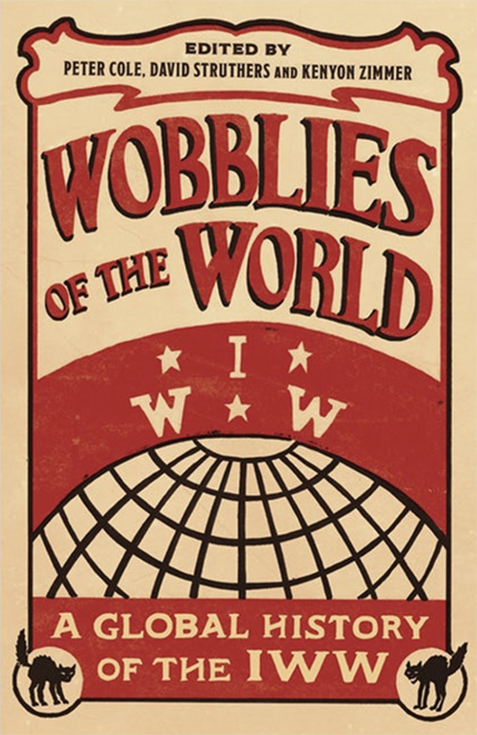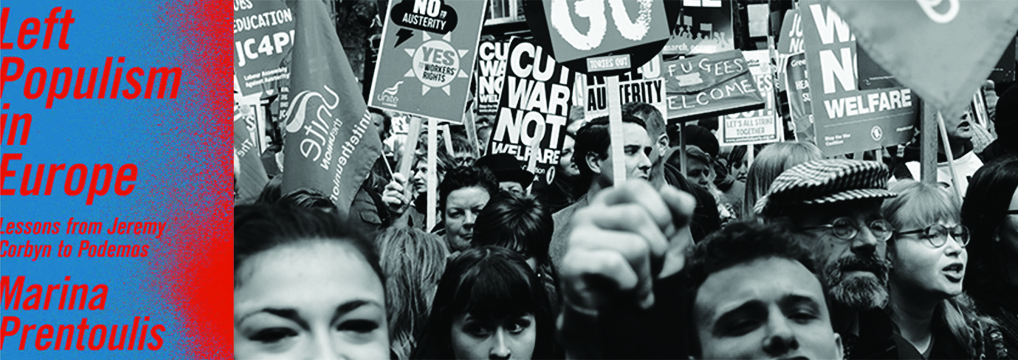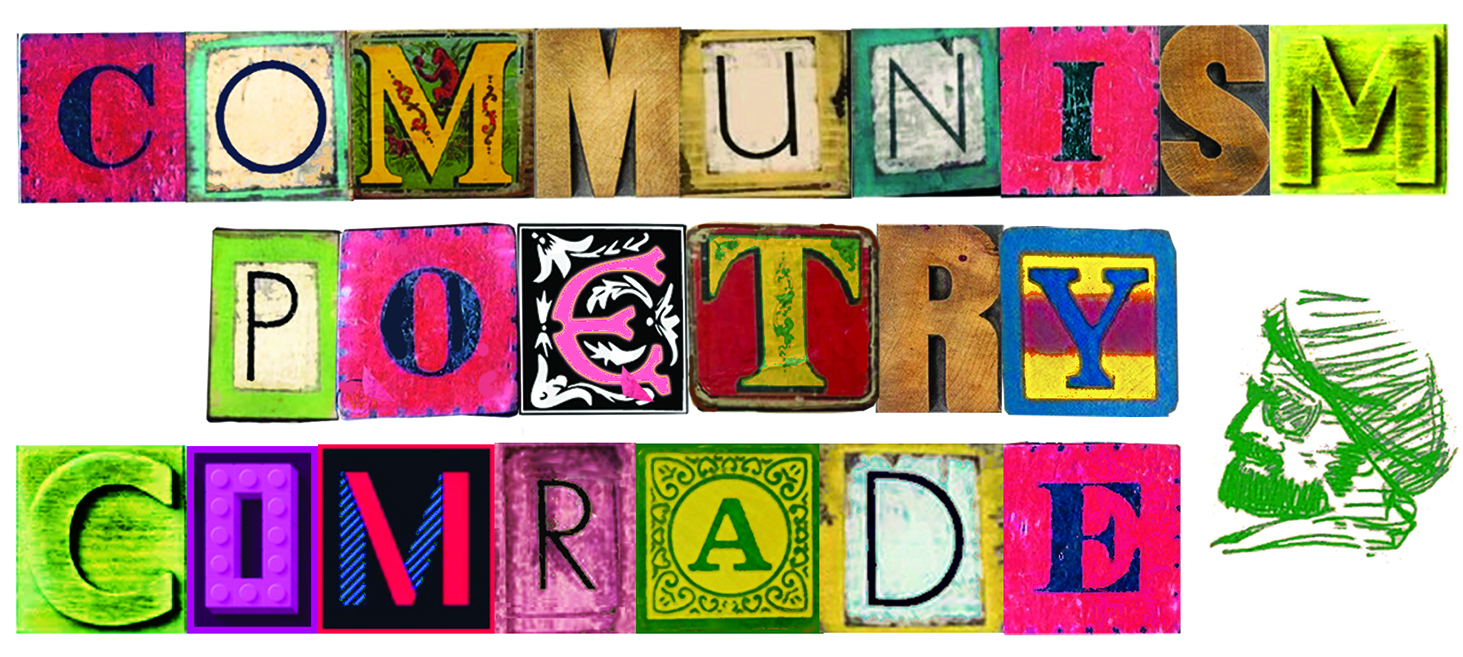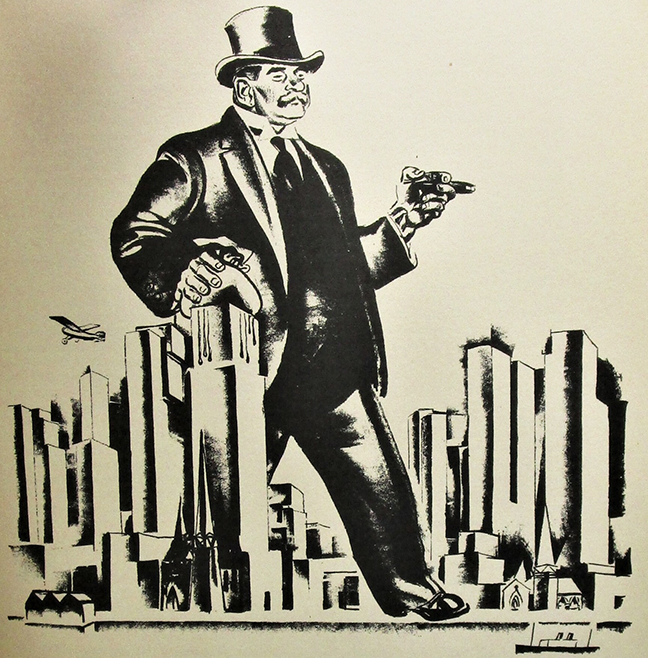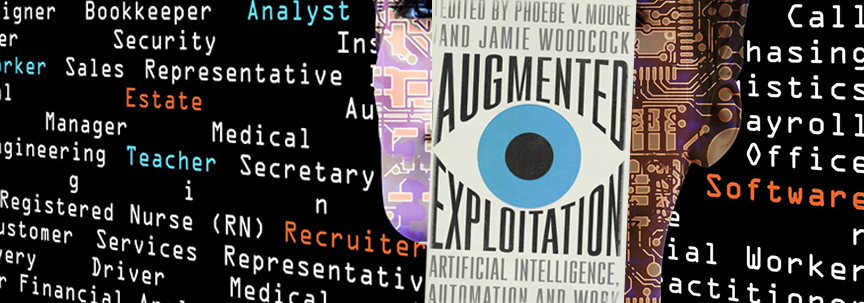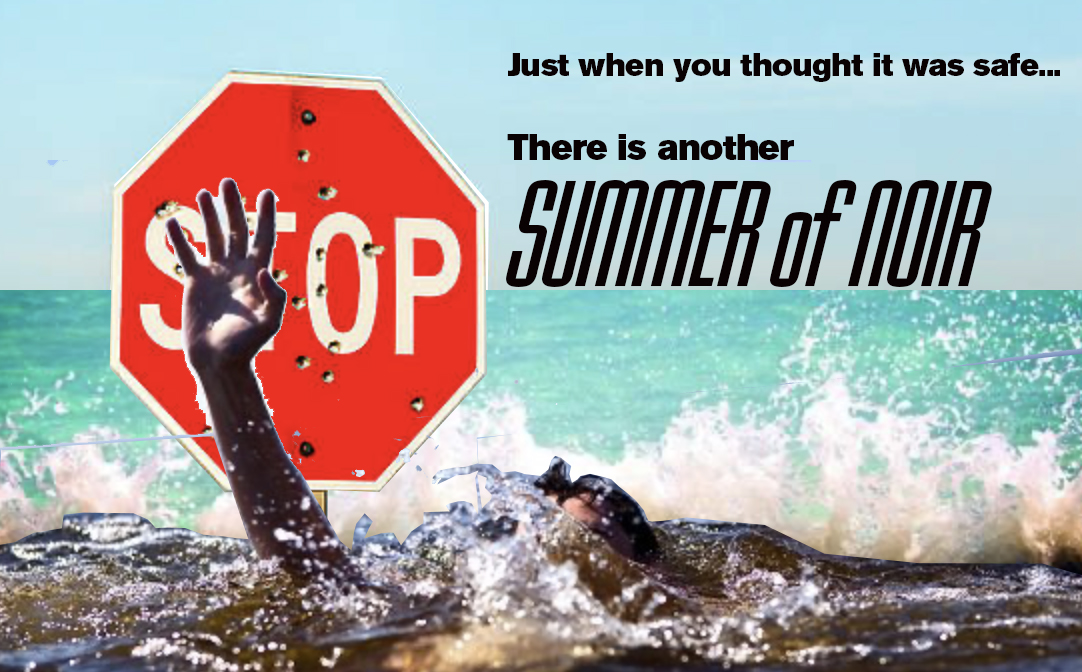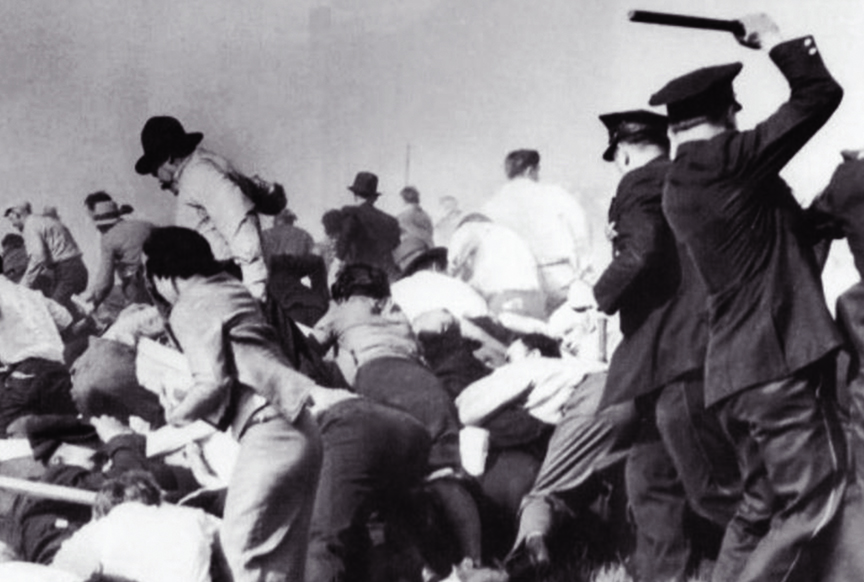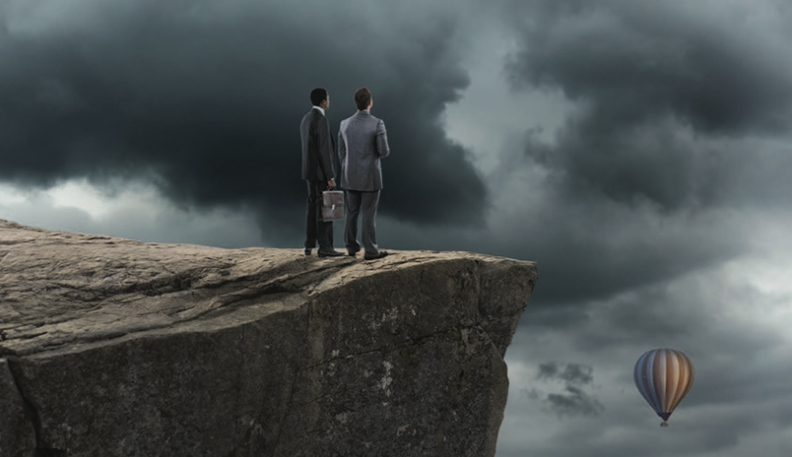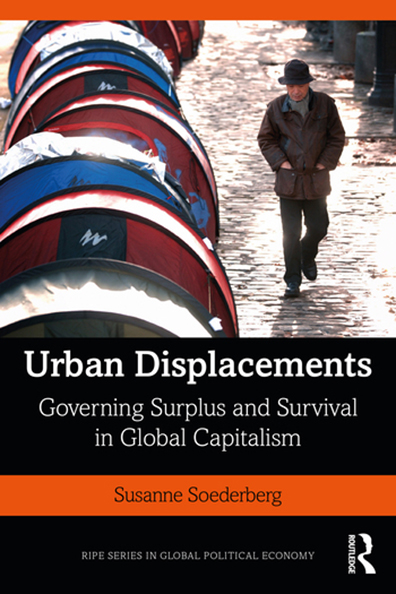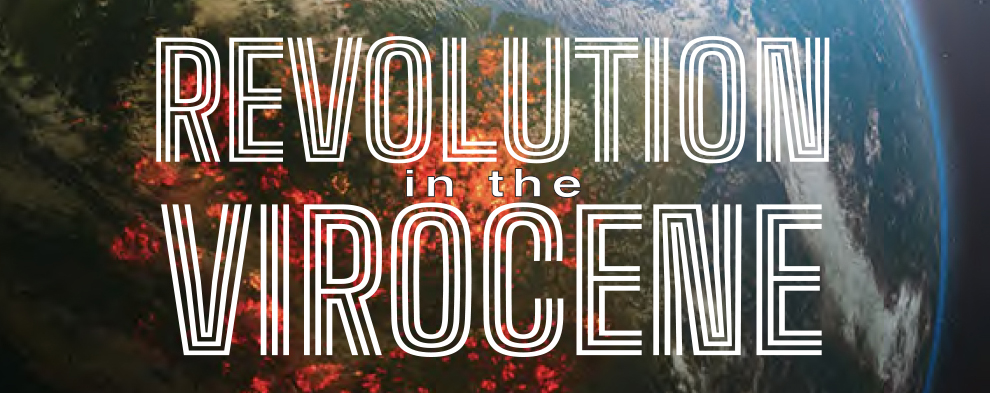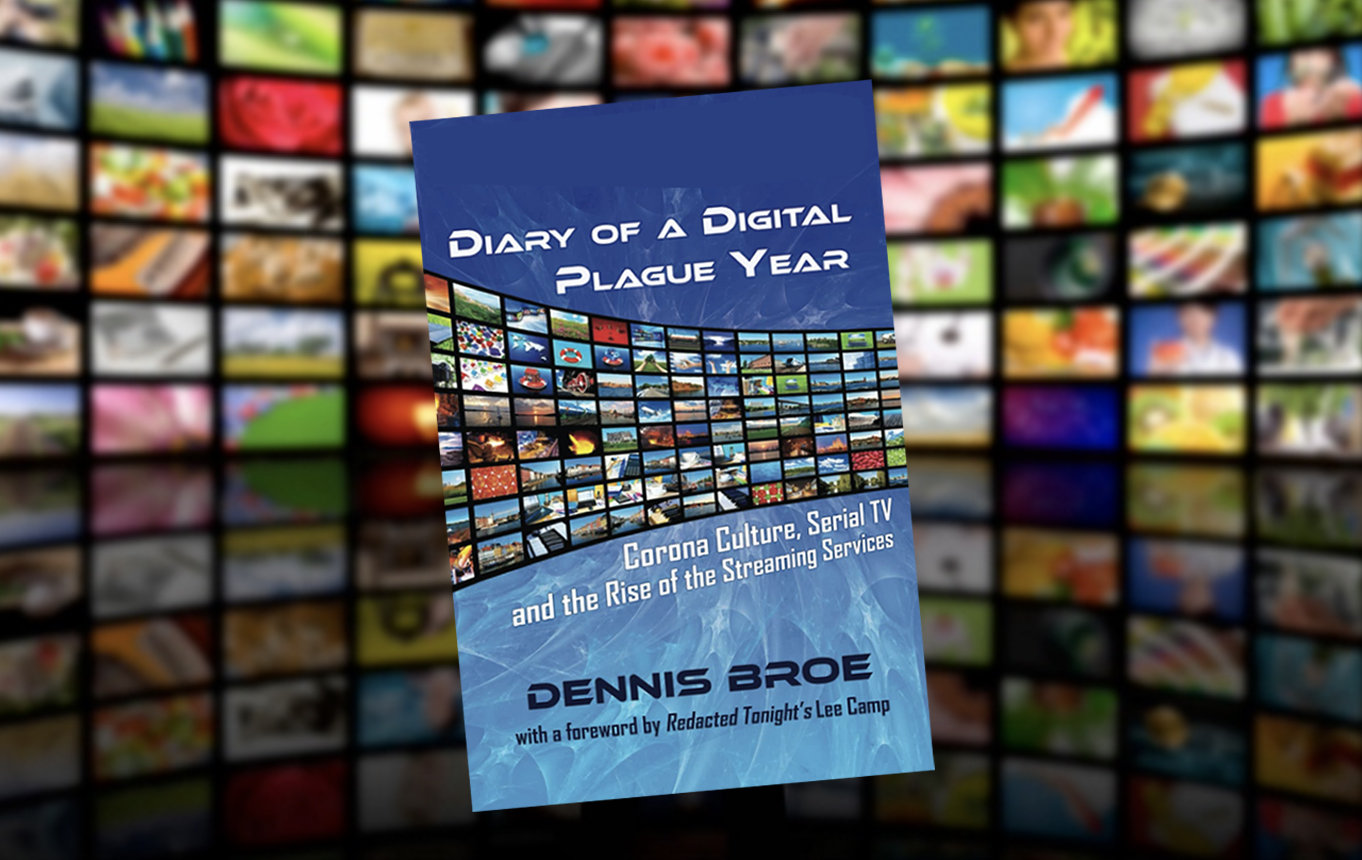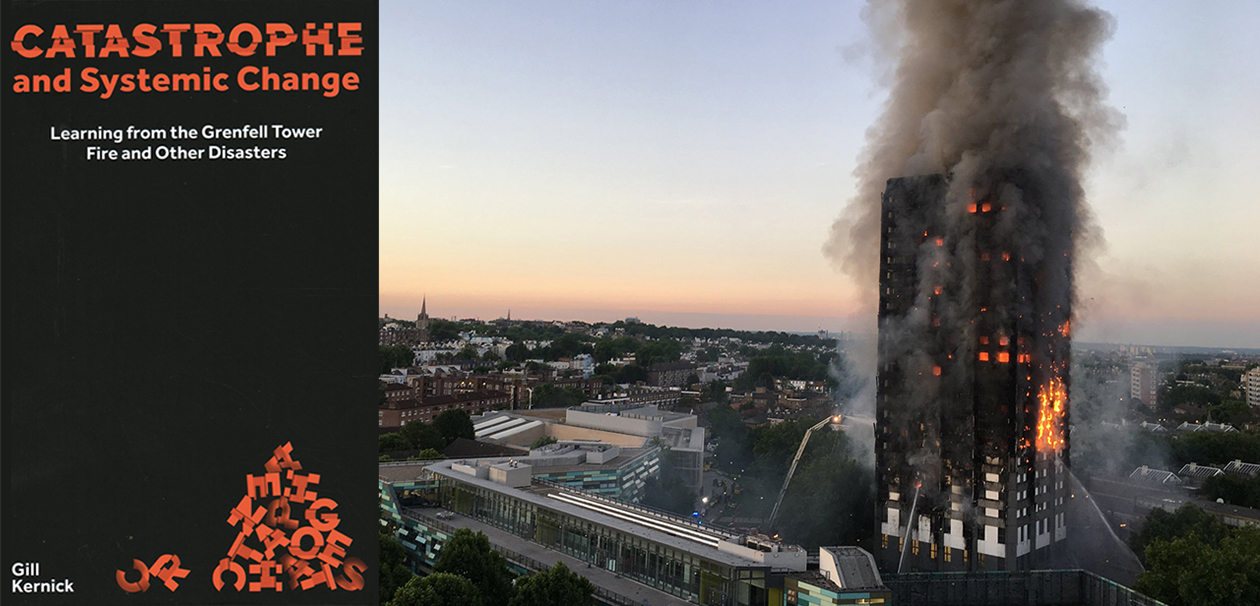Capital, Volume 1, Part 3
Online: Zoom link will be provided to registered participantsChapters 16 through 25, will trace this development and reveals new dynamics and contradictions inherent to the logic of capitalist accumulation, culminating in Chapter 25, The General Law of Capitalist Accumulation. These developmental processes continue to be played out to this day and are witnessed in the immensity of wealth for a few at one pole of humanity, poverty at another, ruthless misuse and degradation of nature, and reduction of the human subject, the producing masses of real individuals, to an alienated object for capitalist exploitation.
Marx’s Inquiry into the Birth of Capitalism: Why Does It Matter?
Online: Zoom link will be provided to registered participantsAs Marx argues, “original accumulation” of capital, the transformation of pre-capitalist to capitalist social relations, is not explained by the fairy tale of wise and thrifty household producers getting wealthy by their own labor. John Milios’ research into the “pre-capitalist money owner”, the role of commodity production (as opposed to production for direct consumption) based on slave labor in the ancient world, and the development of ”contractual money begetting” production in Europe in the middle ages, helps us understand what is and is not capitalism. He critically analyzes both Marxist and non-Marxist literature. He uses the rise and fall of the Venetian mercantile republic as a case study. He concludes that “No version of capitalism is the realm of ... freedom or justice. Capitalism is a social system in which ... coercion guaranteeing economic exploitation of the ruled by the rulers is incorporated into the economic relation itself.”
WOBBLIES OF THE WORLD: A Global History of the Industrial Workers of the World
Online: Zoom link will be provided to registered participantsDrawing on many important figures of the movements such as Tom Barker, Har Dayal, Joe Hill, James Larkin and William D. "Big Bill" Haywood, and exploring particular industries including shipping, mining, and agriculture, this book describes how the IWW and its ideals travelled around the world.
Left Populism in Europe: Lessons From Jeremy Corbyn to Podemos
Online: Zoom link will be provided to registered participantsBringing a wealth of experience in political organizing, Marina Prentoulis argues that left populism is a political logic that brings together isolated demands against a common enemy. She looks at how egalitarian pluralism could transform economic and political institutions in a radical, democratic direction. But each party does this differently, and the key to understanding where to go from here lies in a serious analysis of the roots of each movement's base, the forms of party organization, and the particular national contexts. This book is a clear and holistic approach to left populism that will inform anyone wanting to understand and move forward positively during this bleak time for the left in Europe.
Darko Suvin: Communism, Poetry, Comradeship—a celebratory reading and discussion
Online: Zoom link will be provided to registered participantsDarko Suvin will appear on the eve of his 91st birthday via an international video conference presented by The Marxist Education Project, in celebration of a life of communism, poetry, comradeship and all that goes into a life well-known for commitment to all of this and more. Readings and discussion: A selection of poems from Darko’s more than 40 years of writing poetry along with sharing memoirs of many more years of vigorous engagement while active in the multiple forms of struggle for communism from continents the world over that Darko has called home, will all be part of this mid-summer celebration a life of comradeship.
Grundrisse
Online: Zoom link will be provided to registered participantsIn the Grundrisse Marx arguably bridges his early writings on philosophy and Hegel, and the writing and revisions of Capital that dominated much of the rest of his life. We will undertake a close, word by word reading of the text with a view to understanding the concepts that evolve within it. This first term will begin with the chapter on money.
Capital, V1, Part 2: The Transformation of Money Into Capital
Online: Zoom link will be provided to registered participantsWe will do a close reading of the chapters in Part Two of Volume I of Capital on “The Transformation of Money Into Capital”. In these chapters Marx introduces the fundamental concepts of capital,labor power, surplus value and the valorization process.
Augmented Exploitation: Artificial Intelligence, Automation, Work and Changes in the Labor Process
Online: Zoom link will be provided to registered participantsIn the Introduction to Augmented Exploitation, co-editors Phoebe Moore and Jamie Woodcock point up two main problems with how automation and artificial intelligence are being discussed as the end of the first quarter of the 21st century draws near. Number one is the claim that Al is changing the labor process in new and unprecedented ways. But capitalists have always introduced machines in order to increase the amount of what each worker can produce in a given period of time. This is where the second problem comes in—either a certain process will be automated, or it will not—a binary that focuses on machines and not on the workers who operate them. Rather than the prospects of automation and interpretive learning replacing workers, we need rather to see that these are augmentations of the labor process. Also discussed will be two of the many vital essays from this year's Socialist Register—Beyond Digital Capitalism: New Ways of Living.
Fifth Summer of Noir: Last session this week (Derek Raymond and Denise Mina)
Online: Zoom link will be provided to registered participantsFor the last four summers, the MEP Literature Studies Group has delved into a wealth of noir fiction. This year our six selections will take us deep into the underbelly of capitalism – good for reading at the beach, on the subway, a train, boat or plane, or in your favorite reading chair safely at home. Join in for the last two books.
Political Economy of Labor Repression in the United States
Online: Zoom link will be provided to registered participantsAndrew Kolin presents a detailed explanation of the essential elements that characterize capital’s relations to the working class and how capital relies on various forms of repressing reform and revolutionary movements by workers. The repression is directly linked to the class struggle between capital and labor. The starting point examines labor repression after the American Revolution. Andrew’s book then follows the role of the state along with the explosive growth of American capitalism to analyze the long history of capital and labor conflict with details of the US state being aligned with the interests of capital throughout American history.
Looking Over the Abyss with Steven Colatrella and Michael Meeropol
Online: Zoom link will be provided to registered participantsEurope and subsequently the United States rose to power and wealth along with the rise of capitalism. But capitalism has now shifted its attention to Asia, even as the conditions of ordinary workers in Europe and North America decline, and the political influence of the West wanes. Looking Over the Abyss argues that only by breaking decisively with capitalism, and aligning themselves with the majority of the world’s people against exploitation, can the peoples of Europe and the United States save their societies.
Urban Displacements and Contemporary Capitalism
Online: Zoom link will be provided to registered participantsSusanne Soederberg argues that historical and geographical configurations of monetized governance, including landlords, employers and inter-scalar state practices, have served to reproduce urban displacements and obfuscate their gendered, class and racialized underpinnings. The outcome is the everyday facilitation and normalization of urban poverty and social marginalization on one side, and capital accumulation on the other.
Revolution in the Virocene: Near (or Nearing) the End of Time
Online: Zoom link will be provided to registered participantsIn an instant, the mantra of there is no alternative has been replaced by whatever happens, nothing will ever be the same. The ideology that says radical transformation is unrealistic has been irrevocably discredited. The bonds and rituals of everyday life have been loosened, fragmented and disjointed. What seemed inevitable and iron clad now feels flimsy as nation states globally scramble to find solutions that don’t exist. This opens up a space for thinking, and for politics. This new situation underscores a critical need for both practical intervention and an attempt at building a convergent philosophy that anticipates the praxis of the future.
Diary of a Digital Plague Year with Dennis Broe
Online: Zoom link will be provided to registered participantsDENNIS BROE, author of Birth of the Binge: Serial TV and The End of Leisure, will be talking about his new book Diary of a Digital Plague Year: Corona Culture, Serial TV and The Rise of The Streaming Services. The book offers a blow-by-blow account of the ongoing confinement, charting the changes in our lives exacerbated by the coronavirus. Corona culture is a digital culture extraordinaire for some, while for others it has increased panic and terror about being at work.
Catastrophe and Systemic Change: Learning from the Grenfell Tower Fire and Other Disasters
Online: Zoom link will be provided to registered participantsAuthor Gill Kernick will present her powerful analysis of the Grenfell disaster and its aftermath. The recent fire of a tower block is a sharp reminder that many residential structures will fail—witness the Miami collapse and the recent apartment collapses In Milano, Italy.

